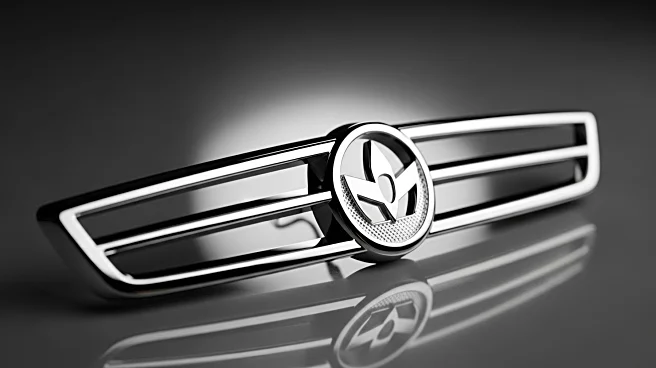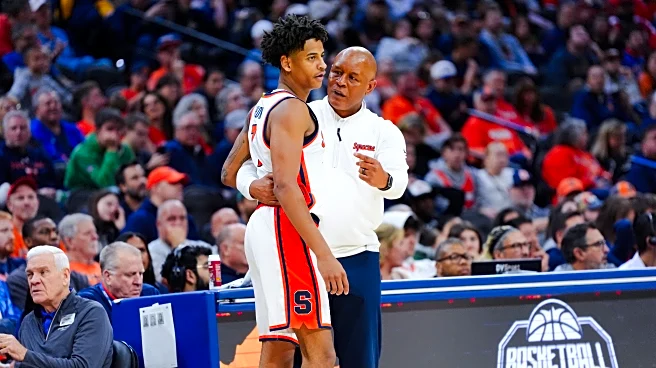What's Happening?
According to the J.D. Power 2025 U.S. Automotive Brand Loyalty Study, tariffs have introduced volatility into new-vehicle shopping behavior, affecting brand loyalty. Despite these challenges, brands like Toyota and Honda continue to retain loyal customers due to their strong reputations. The study shows that brand loyalty averages 49% across all nameplates and segments, a decrease from 51% last year. Porsche, Lexus, Toyota, Honda, and Ford rank highest in their respective segments for brand loyalty.
Why It's Important?
The findings from the J.D. Power study highlight the impact of external economic factors, such as tariffs, on consumer behavior in the automotive market. Brands with strong reputations are better positioned to maintain customer loyalty, which is crucial for sustaining market share and profitability. The decrease in overall brand loyalty suggests that automakers need to adapt their strategies to address changing consumer preferences and market conditions.
What's Next?
Automakers may need to enhance their value propositions and customer engagement strategies to counteract the effects of tariffs and maintain brand loyalty. This could involve offering more competitive pricing, improving product quality, and increasing marketing efforts to reinforce brand identity. The industry will likely see increased competition as brands strive to retain and attract loyal customers.
Beyond the Headlines
The study underscores the importance of brand reputation in the automotive industry, particularly in times of economic uncertainty. As tariffs reshape consumer behavior, automakers may need to focus on building long-term relationships with customers through innovative products and exceptional service. This shift could lead to a reevaluation of brand strategies and a renewed emphasis on customer-centric approaches.










